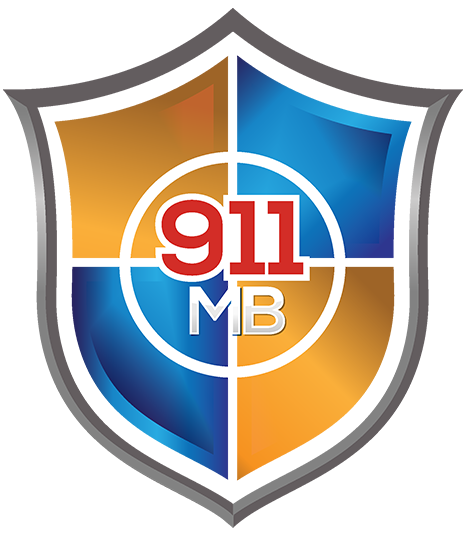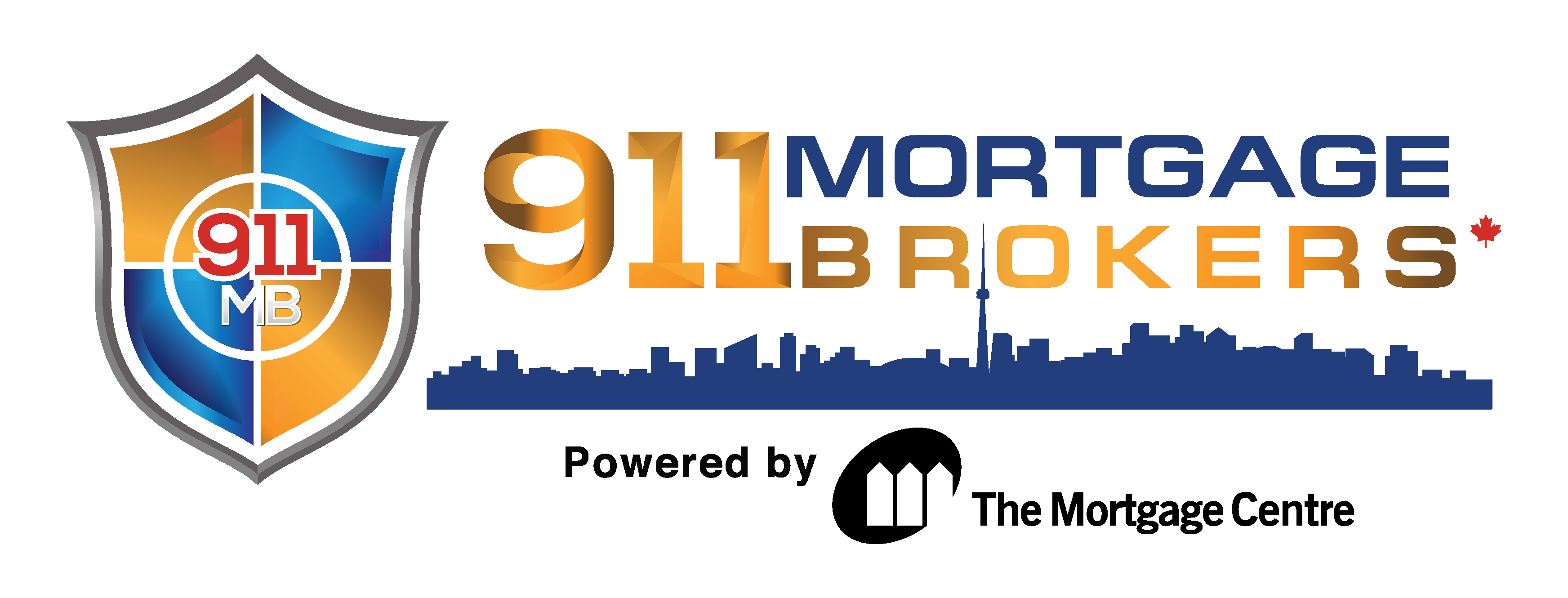Retired Individuals
Loans for Retired Individuals or Pensioners

Here at 911 Mortgage Brokers – The Mortgage Centre we work with home buyers and home owners of all ages. Typically, first time home buyers range between 20 and 30 years of age whereas retired individuals could be as young as 50 years of age and up to 99+.
If you are retired or a pensioner no matter your age from 55 to 99+, you can get a mortgage and you have more mortgage options than someone under 55 years of age. You could choose a traditional mortgage, home equity line of credit, a second mortgage, a private mortgage or a reverse mortgage.
Can a retired person get a mortgage in Canada?
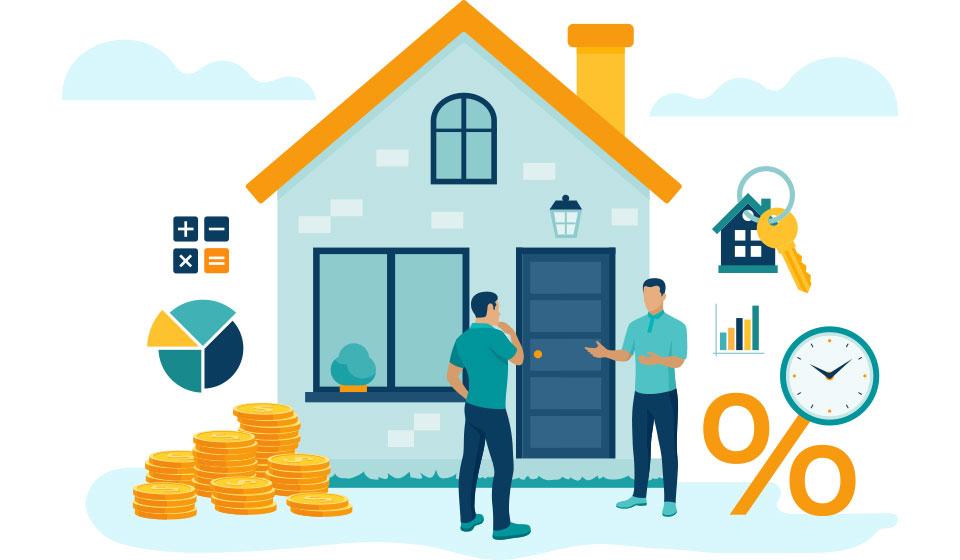
YES, you have to qualify using the same lending guidelines as employed people.
Getting a mortgage after retirement is very possible and often a very good option for seniors who want to stay in their home longer rather than downsize or move to a retirement place.
What is a seniors Mortgage loan?
A Seniors Mortgage Loan is the same loan offered to all Canadians. Unless it is a reverse mortgage then you need to be over 55 and have equity in your home.
Is there an age Limit for getting a mortgage?
NO, lenders cannot discriminate based on your age. Lenders will, however, complete a little more due diligence when setting up a mortgage for you. Sometimes, seniors have been influenced to draw money out of their savings and even the equity in their home to help “bad actors”.
A lender will not want to place you in a bad situation and will ask questions to help protect you. This could include having you secure independent legal advice when you apply to draw equity out of your home. Do not take this as an insult; they simply want to protect you (and themselves).
How can a retired person get a mortgage in Canada?
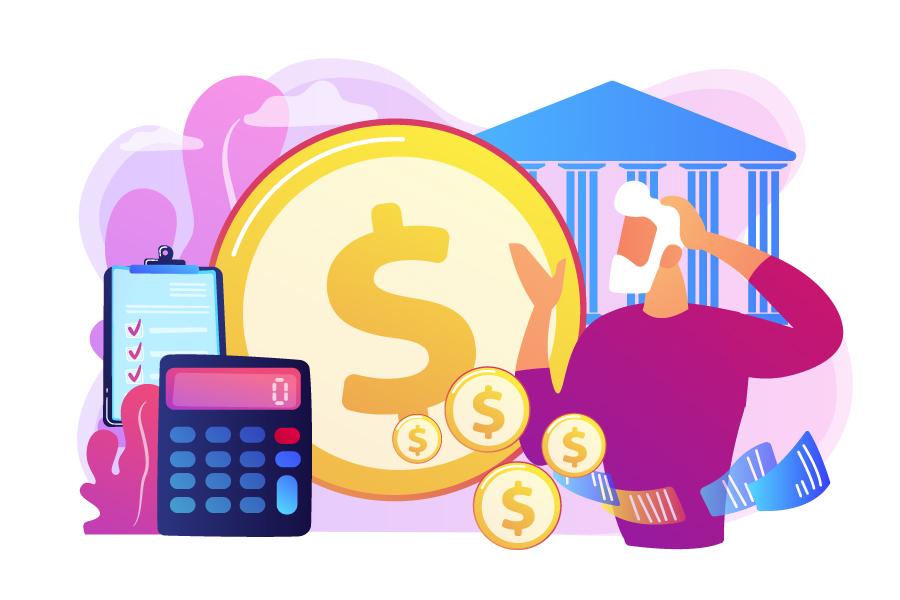
The qualifying criteria are the same whether you are employed or retired. You can qualify for a Mortgage as long as you have the pension income to support the loan repayments or interest. Your lender will look at your credit. They will review your income. The lender will complete an appraisal to determine how much your home is worth.
If you are purchasing a home, then they will complete an appraisal on the home you plan to buy.
When you were an employee, you could get an employment letter and pay stub to confirm your income. As a retiree, you will be receiving pension income. The lender will ask for a copy of your bank statements for 3 months to confirm the pension income you receive. The lender will also ask for the last few years T-slips and Notice of Assessments.
Provided your credit is good, you will qualify for a mortgage or home equity line of credit with a bank or trust company or credit union. The amount you qualify for will depend on your pension income. Lenders will allow up to 39% of your income to be used toward your housing costs.
Your housing costs include the mortgage payment, property tax payment, condo fees (lenders use 50% of the condo fees) plus the cost of heating your home.
Lenders also calculate how much you qualify for based on your total debt payments including your housing costs. All your monthly obligations cannot exceed 44% of your gross annual income (pension income).
How Do I Confirm My Pension Income?
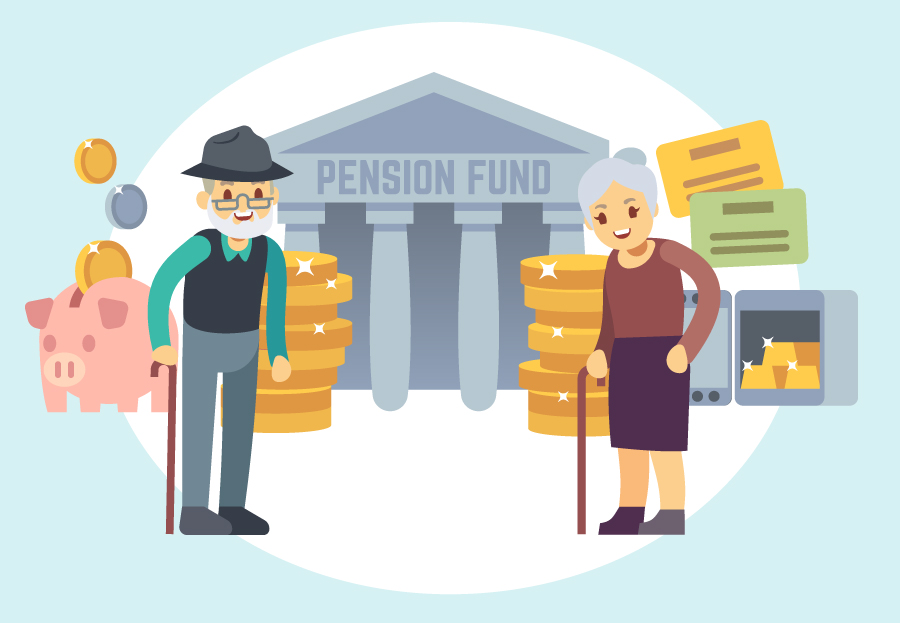
When you are retired you will likely receive your income from several sources. You could receive several pension incomes, CPP (Canada Pension Plan), OAS (Old Age Security, after age 65), RIF (Registered Income Fund), etc.
To verify these sources of income, a lender will ask for documents to confirm the numbers. They will ask for documents like these to confirm income:
- 3-months bank statements
- 2-years Income Tax Returns
- 2-years T-slips (all your T-slips)
- 2-years Notice of Assessments
If you have a large Registered Savings Plan (RIF or RSP) that you are drawing income from, then your lender will ask for this as well.
All these documents will be reviewed by your lender and then used to determine the total mortgage you could qualify for. In some cases, if your investment portfolio is large, they will make exceptions to the 39% & 44% that I mentioned above.
For some lenders, depending on how much money you have down you may qualify for higher mortgage amounts. For example, if you have 50% down when you purchase a home, the lender can be more lenient with the 39% and 44% calculations.
What Is The Maximum Amortization I Can Choose?
The maximum amortization that you will receive is not calculated based on your age. Lenders have specific legislation that covers the maximum amortization that can be offered. For a home purchase with a down payment of less than 20%, the maximum amortization is 25 years.
If you are retired and purchase a home with 5% down, which you can certainly do if you have the income to qualify, then your maximum amortization is 25 years.
If you are retired and purchase a home with 20% down or more, then you could have a mortgage amortized up to 30 years. No matter your age, provided you have the income to qualify for the mortgage, your maximum amortization would be 30 years.
With 35% down, you could choose a mortgage or a home equity line of credit. The mortgage has a maximum amortization of 30 years, as before. However, if you set up a home equity line of credit, the minimum payment is interest only.
With a home equity line of credit, you have no amortization. It’s effectively infinity! If you made the minimum payments of interest only then you will never pay that line of credit off!
How Does The Lender Get Their Money Back?

When a lender sets up a mortgage for a retired person, a senior or anyone, the first thing they receive are the principle and interest payments. Eventually, the home will be sold and the full mortgage balance will be paid off.
A lender doesn’t necessarily want you to pay off the mortgage. They are in the business of making a return (the interest rate) on the money they lend out.
When a retired person gets a mortgage, the lender will receive the mortgage payments (principle & interest). Or, in the case of a home equity line of credit, interest only. The lender has the home as collateral. They are happy to receive a monthly income in the form or interest.
A retired person could pay off the mortgage by selling the home. A retired person could pay off the home with cash if they have it.
If you are retired and live in your home until you pass away and still have a mortgage, then your estate will make the payments on the mortgage until the home is sold. Either way, the bank will eventually receive their money back.
What if my income is not sufficient to qualify for a mortgage?
As you may have realized already, obtaining a loan from the bank can be quite a convoluted and lengthy process with lots of ‘hoops’ to jump through to meet the banks stringent lending criteria. If you are retired person collecting limited income or a pensioner collecting payments from a public or private pension plan, getting a mortgage from the banks can be even more difficult as they may deem the pension income insufficient to support the new debt payments.
Fortunately, our 911 Mortgage Brokers and Agents are well versed in all the mortgage options available for retired individuals and seniors. We work with lenders who will lend based on your home’s equity, without even considering your age, income or credit. We have helped many retirees obtain the financing they need for their retirement or family needs.
Should I Choose A Traditional Mortgage or a Home Equity Line Of Credit or a Reverse Mortgage?

You have all the options and choices that an employed person would have, plus one extra. You can access the equity in your home up to 55% of your home’s value. We can set up a traditional mortgage with principle and interest payments, or we can set up a home equity line of credit, or we can set up a second mortgage. We can even set up a mortgage with no payments until the home is sold. You do not have to make minimum payments and you do not have to pay it back until your home is sold.
Stop doing the guesswork and let us explain your options. We will find the right financing solution that fits your needs, your retirement goals, and your lifestyle.
If you have bad or bruised credit, we can help you set up a mortgage through an alternate lender who is more flexible regarding credit.
In addition, once you turn 55 you can qualify for a reverse mortgage. Two lenders in Canada offer Reverse Mortgages. The amount of the mortgage is calculated based on the equity in your home, your location, and your age. The lenders give more “weight” to your home than to your income or credit.
How we can help
In today’s world, as we age older and live in our homes longer, we understand the need for mortgage options that fit the needs of retired individuals and seniors.
Are you carrying a mortgage into retirement? There are many options available for you. Our 911 Mortgage Brokers and agents can help you find and secure a mortgage for you.
Is your home in need of repairs or renovations? We can help you refinance your mortgage or obtain a home renovation loan.
Are you carrying high interest credit cards or any kind of debt? We can help you refinance your mortgage or obtain a loan consolidation debt.
Depending on your current financial situation as a retired individual (or pensioner) and the type of mortgage product you need, your 911 Mortgage Broker or Agent will help you identify what documentation will be needed to process your mortgage and we will explore your mortgage options with you.

Our Service Areas
911 Mortgage Brokers – The Mortgage Centre offers services to clients across Toronto and the GTA, Vaughan, King, Aurora, Stouffville, Newmarket, Markham, Richmond Hill, Barrie, Innisfil, Orillia, Collingwood, Oshawa, Ajax, Whitby, Mississauga, Brampton, Caledon, Burlington, Oakville, Milton, Bolton, Hamilton, St. Catherines, Niagara Falls, Windsor, Kitchener, Waterloo, London, as well as far as Muskoka cottage country, Ottawa, Simcoe, and the rest of Ontario.
Contact Us
Call Us Today at 289-318-0911 or Toll Free at 1-888-377-0911 for a Free No-Obligation Mortgage Pre-Approval consultation.

